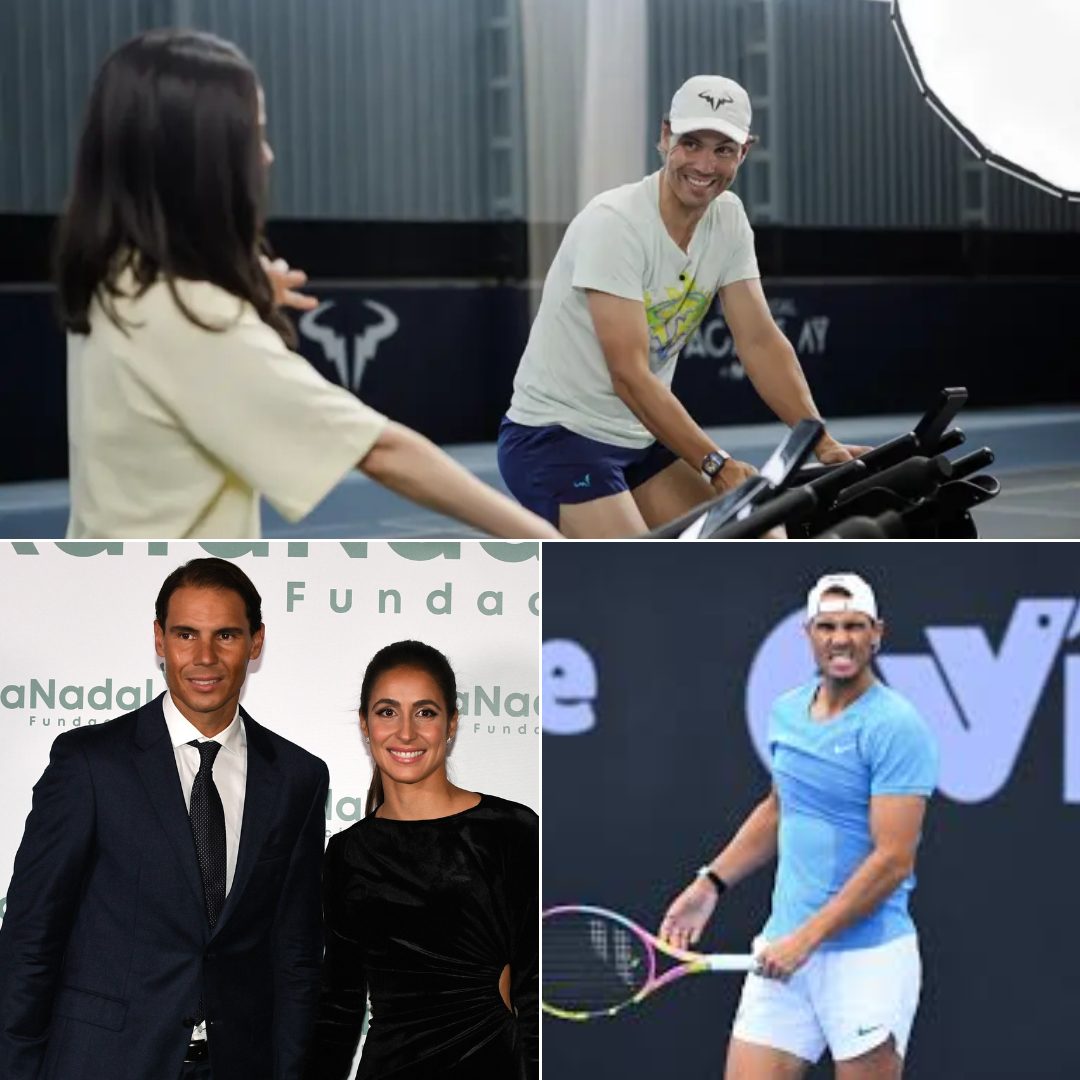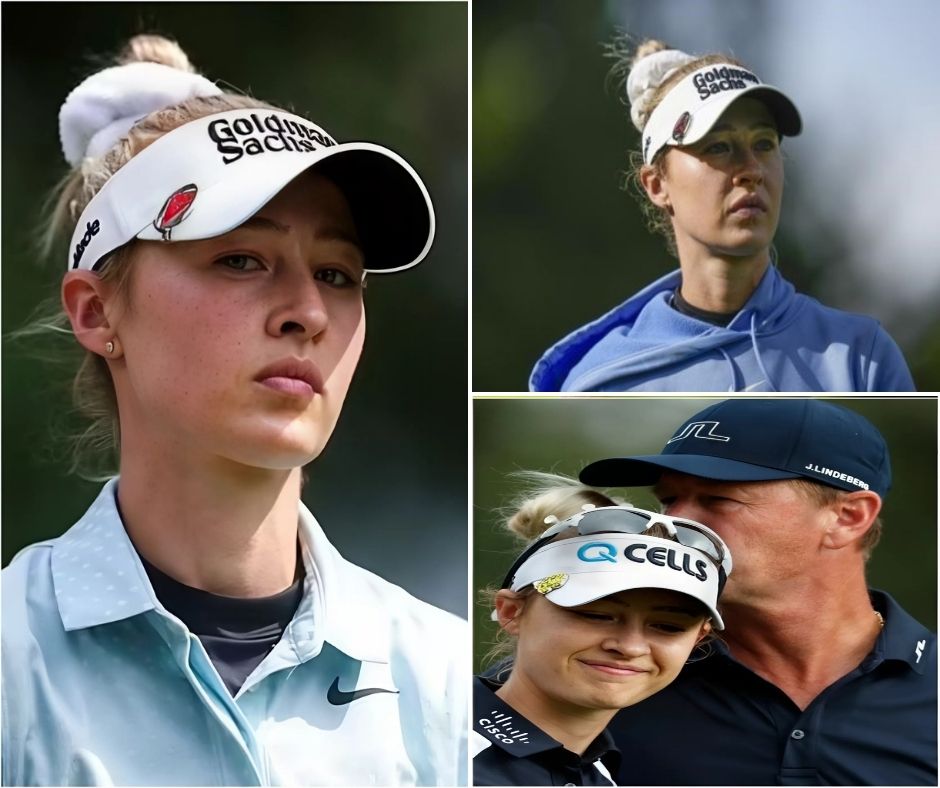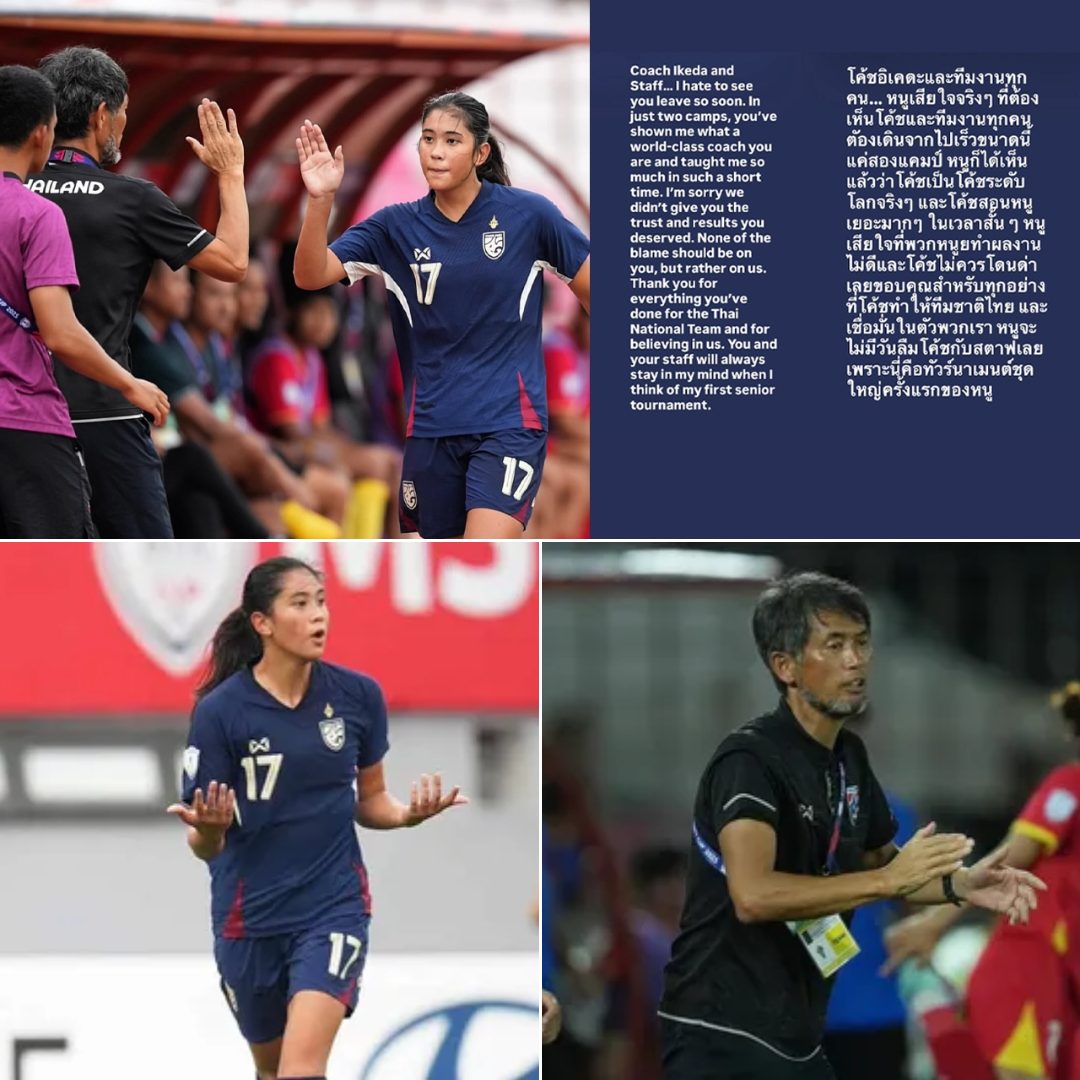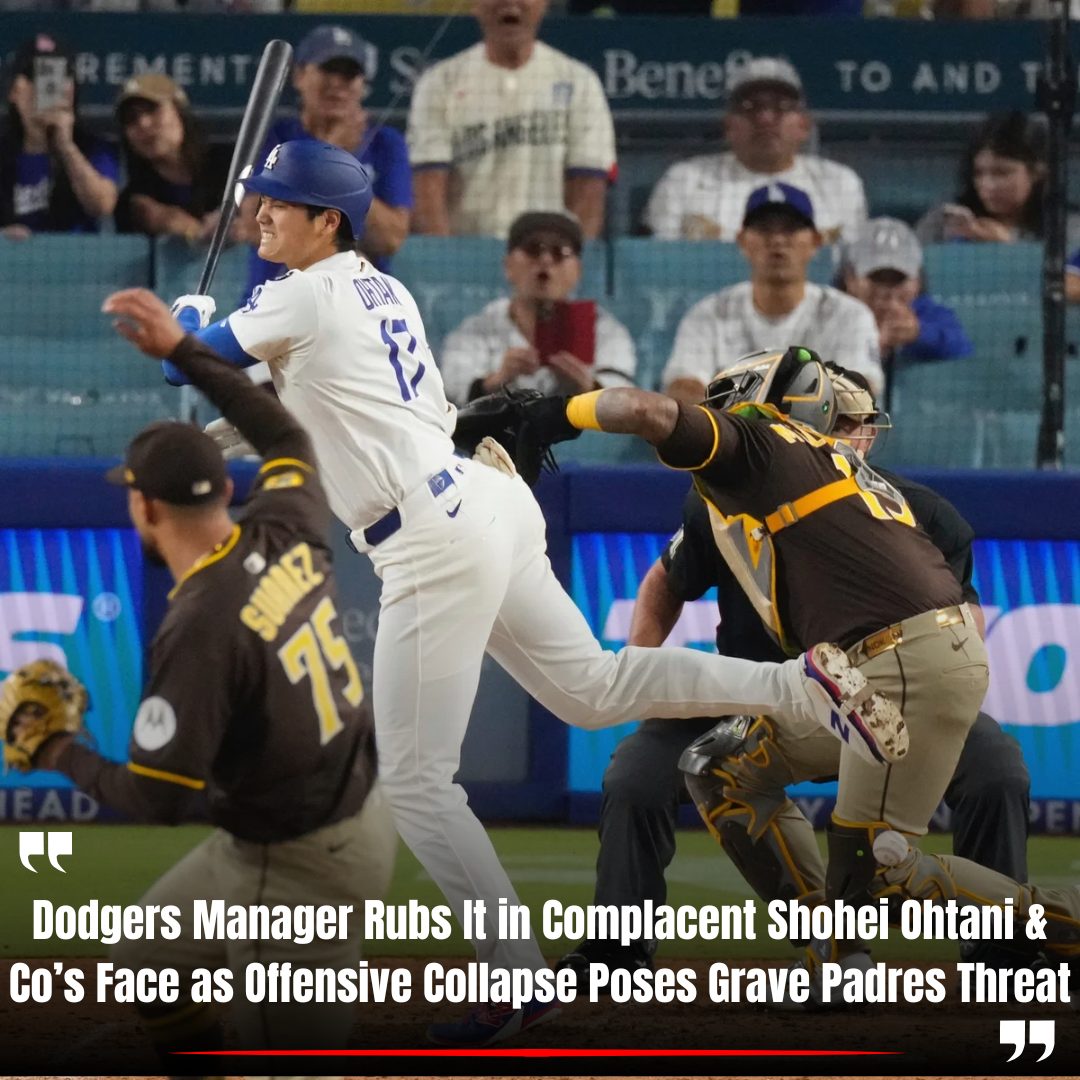Lawrence Dallaglio has told critics of South African participation in the Investec Champions Cup to stop complaining and instead use it to their advantage.
The dilution of the much-loved European Cup through the addition of franchises from the land of the World Cup winners still divides opinion two years on from the decision being taken.
Former Springboks captain Bob Skinstad spoke passionately in defence of South Africa’s inclusion earlier this week, insisting the nation punches “way above our weight” and telling Planet Rugby it is high time the sport embraces a changing world.

Mixed reaction
His intervention followed France legend Philippe Saint-Andre declaring a year ago that “this new formula is rubbish – a complete aberration. It’s nonsense to have invited South Africa to this competition.
“We are going to help them to be world champions again, even though they have competed in eight World Cups and won four.”
Dallaglio, the ex-England captain, skippered Wasps to European Cup glory on two occasions in the noughties and admits he, too, initially questioned the move to expand the tournament.
“I was a little bit eyebrows raised when it happened, because there’s no doubt they [South Africa] benefit massively from having their players in it,” he said.
“It almost validates their international selection policy, doesn’t it? It allows them all to go away, travel and play. But there’s another way of looking at it.”
Turn the argument on its head, says Dallaglio, part of the Premier Sports team broadcasting the tournament this season for the first time.
Instead of mourning what has been lost with the change in format, focus on the sudden benefit available to players from the Six Nations to not only compete against those from South Africa – but to do so in that country.
Dallaglio said: “To play and win in South Africa, either as a club or an international player, is the pinnacle.

“I was lucky to win a British and Irish Lions tour in South Africa at the age of 24. Once you’ve won away in South Africa you think anything and everything is possible in your life.
“Players have got to use this opportunity as a way to become better players themselves.”
Dallaglio added: “I still think we’ve got to be careful when we talk about player welfare. We send guys over to altitude to play and then six days later they’re playing again. There is a balance.
“But we’ve got to look at it as a positive. I never got to play in South Africa outside of international jerseys. I would have loved that opportunity as a club player.
“So rather than look at what it does for South African players, we have got to see it as a real positive for ours. If you win away in South Africa in a club game, what problem have you got them playing at international level?
“You start to win games against teams like Leinster and Toulouse and it becomes less intimidating when you come up against those same players in a green or blue jersey.”

Different format
During the halcyon days of the European Cup one reason the competition was so beloved was the simplicity off the format.
Six pools of four, home and away matches against each team in your pool, six pool winners plus two best runners-up advance.
Contrast that with this season: four pools of six, teams playing only opposition from outside their own domestic league, and not home AND away.
The top four advance to a first knockout round, where the leading two teams in each group are given home advantage. Straightforward, it most certainly is not.
But that is the test that has been set. And, as Dallaglio says, it is up to players and teams to make the best of it.





